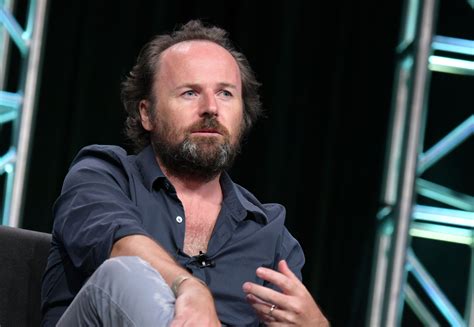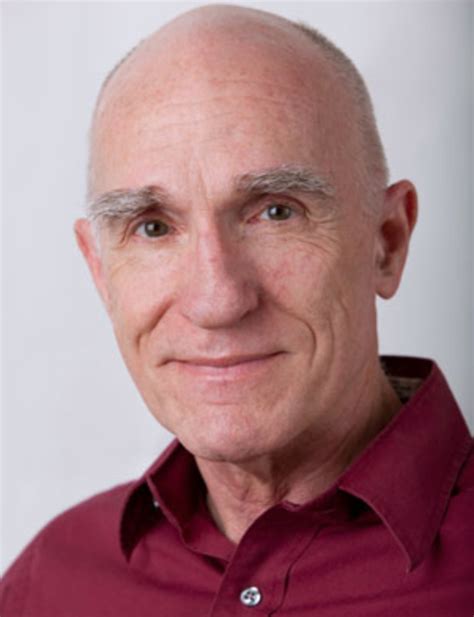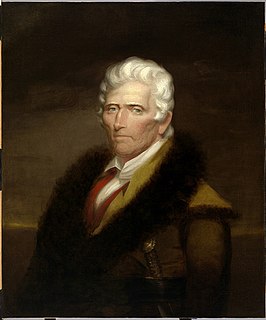A Quote by Thor Heyerdahl
I also believe that when one dies, one may wake up to the reality that proves that time does not exist.
Related Quotes
A man's physical hunger does not prove that man will get any bread; he may die of starvation on a raft in the Atlantic. But surely a man's hunger does prove that he comes of a race which repairs its body by eating and inhabits a world where eatable substances exist. In the same way, though I do not believe (I wish I did) that my desire for Paradise proves that I shall enjoy it, I think it a pretty good indication that such a thing exists and that some men will.
If science proves some belief of Buddhism wrong, then Buddhism will have to change. In my view, science and Buddhism share a search for the truth and for understanding reality. By learning from science about aspects of reality where its understanding may be more advanced, I believe that Buddhism enriches its own worldview.
It may be that we exist and cease to exist in alternations, like the minute dots in some forms of toned printing or the succession of pictures on a cinema film. It may be that reality is an illusion of movement in an eternal, static, multidimensional universe. We may be only a story written on the ground of the inconceivable; the pattern on a rug beneath the feet of the incomprehensible.
Time doesn't exist. It doesn't exist in any way. It's more subjective than real. Time doesn't exist. I believe in memory. Memory is the real inspiration. Memory creates time. Memory is pure power. Pure power and pure strength, and pure utilization of space and time (if time is something we can really ever label). But I don't believe in time itself.
Leaving the complications of the human breakfast-table out of account, in an elemental sense, the egg only exists to produce the chicken. But the chicken does not exist only in order to produce another egg. He may also exist to amuse himself, to praise God, and even to suggest ideas to a French dramatist. Being a conscious life, he is, or may be, valuable in himself.






































